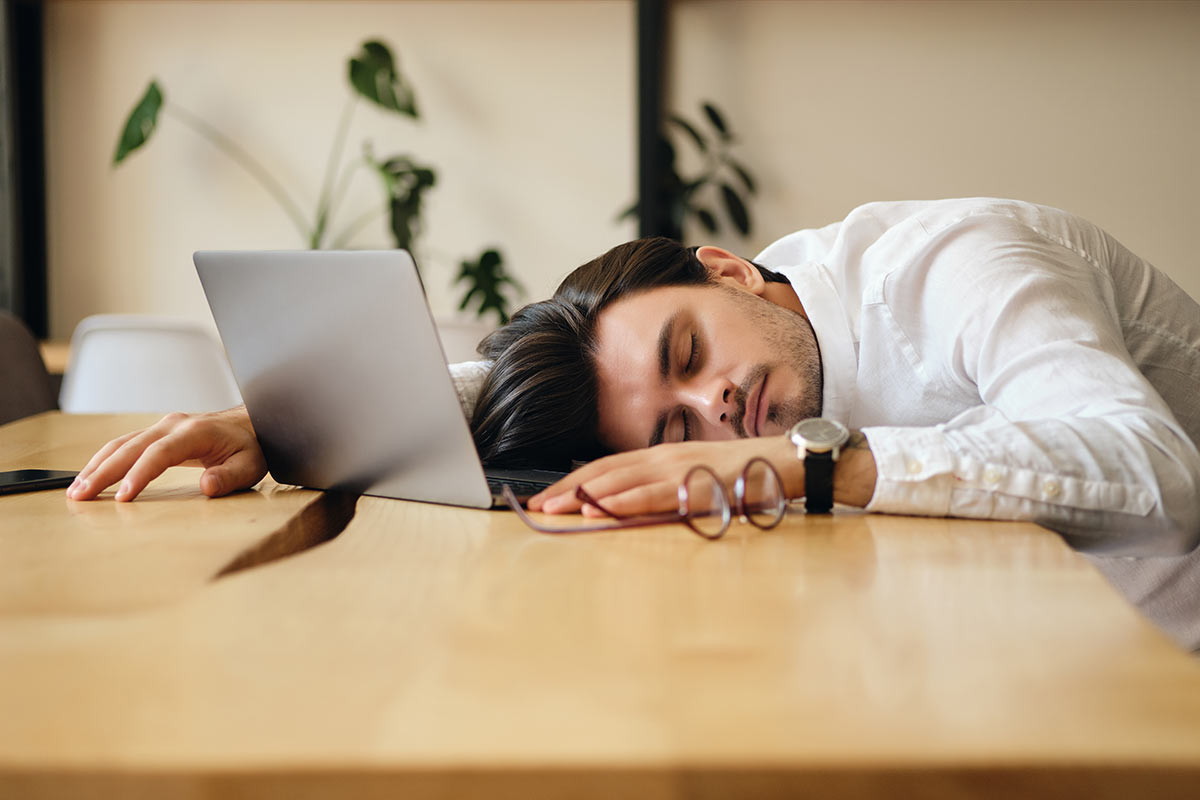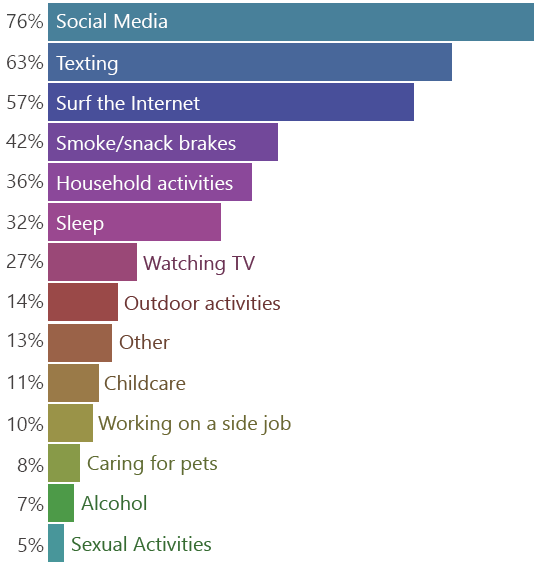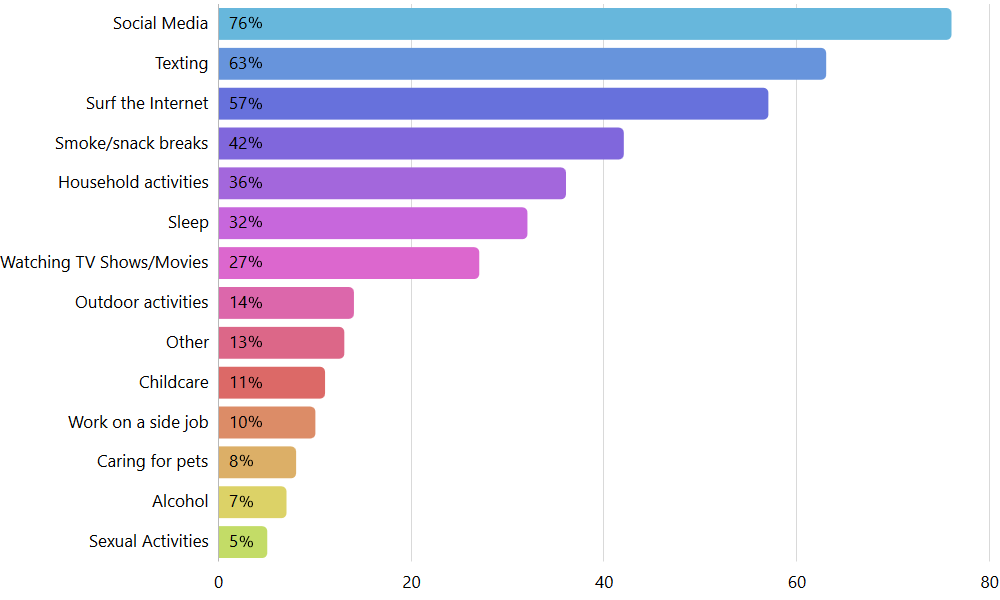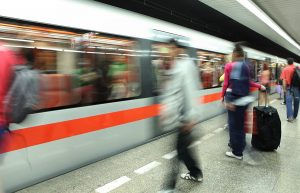The UK workforce has been forced to adapt to working from home during an unprecedented period amid the coronavirus pandemic.
The appetite for home working is growing among many people, particularly millennials, and it is set to become far more common in the coming years as businesses adapt to new ways of operating.
32% of UK remote workers take a nap during work hours

But do people actually work throughout their shift at home?
According to an online survey conducted by Palma Violets Loans in July, this is certainly not the case.
There were 2,000 respondents, aged 18 to 45, made up of employees who work from home and live in UK cities with a population topping 200,000.
A staggering 32% admitted they slept or took a nap during work hours.
A range of factors could be to blame for this including a lack of motivation and people feeling as though they can get away with it as they are not in the presence of their bosses and colleagues.
But is napping such a bad thing? We have all heard how naps can increase productivity. So while encouraging employees to take a short nap may seem counterproductive, it could actually boost their performance.
However, it would have be to done appropriately, perhaps during a lunch break. If done excessively and at the detriment of too much shift time, then sleeping on the job would no doubt be both unethical and damaging to companies.
What else do remote workers do during working hours?


A total of 76% said they use social media, 63% texting, 57% surf the internet, 42% take a break to smoke or snack and 36% complete household activities. Meanwhile, 10% work on a side job, 8% care for pets and 5% carry out sexual activities.
While the coronavirus crisis is easing as society begins to regain a form of normality, home working is something which is expected to play a huge role in the future.
The pandemic has proven businesses can operate, and thrive, through remote working.
But, of course, while it has many positives, it does not come without its flaws.
Can staff be trusted to work at home without taking a nap or carrying out other activities?
One of the major benefits of working from home is being able to save valuable time usually spent travelling. I am sure nobody misses sitting in traffic or waiting for their delayed train.

Towns and cities across the globe have seen huge drops in pollution during the coronavirus crisis as people were ordered to stay at home during the lockdowns. This being another major plus. But as life begins returning to normality, the return to the office for many workers has played its part in pollution returning to more familiar, and worrying levels.
There is also a huge financial benefit of working (not napping) from home. Whether it be petrol, parking tickets or public transport charges, yearly costs for getting to work put a significant dent in people’s earnings.
However, there is a range of matters on the opposite side of the spectrum. Working from home can certainly result in staff struggling to switch off from their working day, house jobs or the TV could prove to be distracting and there could be a feeling of isolation in the absence of colleagues.
Conclusion
We all knew people like to sleep. But doing so during a working day at home will come as a shock. Nevertheless, with home working set to become more familiar in the future, we can certainly appreciate the positive aspects of it.
Returning to the office brings challenges, in particular the need to carry out social distancing to help curb the spread of coronavirus. Furthermore, amid ongoing concerns over the prospect of a second Covid-19 wave, we could all again be ordered to stay at home to work. Working from home can be hugely beneficial if done right. But it needs both businesses and employees to play their part to turn it into a thriving success.
